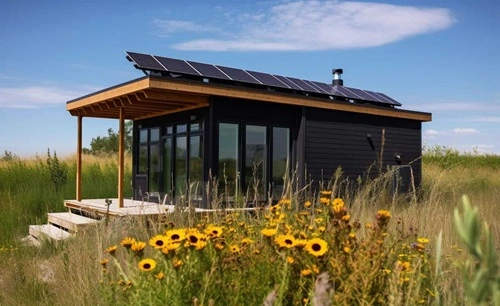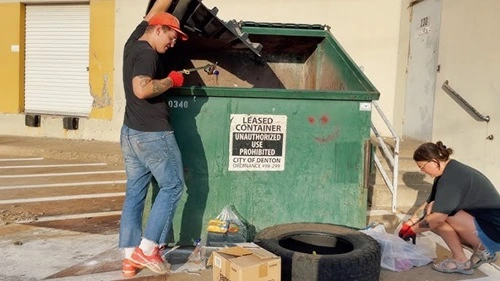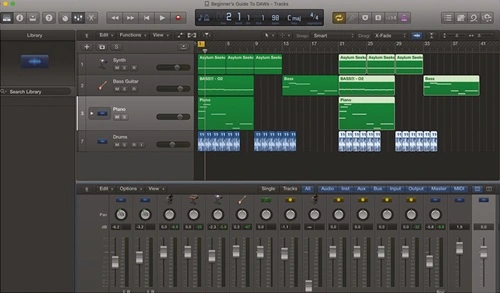No, it is not inherently illegal to live off the grid in the United States. However, various laws and regulations surrounding zoning, building codes, water rights, and utility requirements can make it challenging to do so legally in certain areas. While the off-grid lifestyle is appealing for its independence and sustainability, compliance with local and state regulations is essential to avoid legal complications.
What Does “Living Off the Grid” Mean?
Living off the grid generally refers to a self-sufficient lifestyle where individuals or families disconnect from public utilities like electricity, water, and sewage systems. It often involves using renewable energy sources like solar panels, collecting rainwater, composting waste, and growing food.
While this lifestyle is not explicitly illegal, issues arise when it conflicts with local codes, zoning laws, or environmental regulations.
Legal Considerations for Living Off the Grid
1. Zoning Laws
Zoning laws dictate how land can be used, and they can vary significantly between urban, suburban, and rural areas. Common zoning issues include:
- Minimum Dwelling Sizes: Some areas require homes to meet a minimum square footage, which can be a problem for tiny houses or off-grid shelters.
- Land Use Restrictions: Zoning codes may restrict living in recreational vehicles, tiny homes, or unconventional dwellings.
- Agricultural Zoning: Living off-grid may be easier on land zoned for agricultural use, as it often allows for homesteading and self-sufficiency activities.
2. Building Codes
Building codes are designed to ensure safety and may require homes to:
- Be connected to public utilities.
- Have specific insulation, plumbing, and electrical standards.
- Include approved septic or waste disposal systems. Failure to meet these codes can result in fines or eviction.
3. Water Rights
In many states, water rights are tightly regulated, and collecting rainwater or diverting streams without proper permits can be illegal. For instance:
- Colorado and Utah: Rainwater collection is limited and requires permits in some cases.
- California: Groundwater usage is monitored and often requires permits.
4. Utility and Waste Management Requirements
Some municipalities require homes to be connected to utility grids, even if the homeowner doesn’t use them. Waste management laws may also mandate the use of approved septic systems, making composting toilets or other off-grid solutions illegal in some areas.
5. Environmental Regulations
Living off-grid on protected land, such as national forests or public reserves, can lead to legal issues. Unauthorized habitation or resource use on these lands is illegal and can result in fines or eviction.
Recent Legal Developments and Trends
1. Growing Support for Sustainable Living
States like Colorado, Oregon, and Maine have relaxed some building codes to accommodate tiny homes and off-grid living as part of a broader push for sustainable lifestyles.
2. Off-Grid Communities
Some regions now have designated off-grid communities where local laws are adapted to support self-sufficient living.
3. Enforcement of Utility Connections
In 2023, several municipalities reinforced rules requiring utility connections in suburban areas to prevent unauthorized off-grid setups.
4. Renewable Energy Incentives
The federal government and some states have introduced incentives for renewable energy use, making off-grid living more accessible legally.
Steps to Live Off the Grid Legally
- Research Local Laws: Understand the zoning, building codes, and utility regulations in your area.
- Choose the Right Location: Rural areas are often more lenient for off-grid living than urban or suburban zones.
- Obtain Necessary Permits: Secure permits for water collection, septic systems, and renewable energy installations.
- Follow Building Codes: Construct your home to meet local safety standards.
- Work with Authorities: Communicate with local officials to ensure compliance.
FAQs
Q1. Can I live off the grid in all states?
Ans: Yes, but the feasibility depends on state and local laws. Rural areas are typically more accommodating.
Q2. Is collecting rainwater illegal?
Ans: In some states, like Colorado and Utah, rainwater collection is regulated, and permits may be required.
Q3. Can I disconnect from the utility grid completely?
Ans: In some areas, local ordinances require homes to remain connected to utilities, even if the services are not used.
Q4. Are composting toilets legal?
Ans: Composting toilets are legal in some jurisdictions but must meet specific sanitation standards.
Q5. Can I live off the grid on public land?
Ans: Living off-grid on public land without proper authorization is illegal. Temporary camping may be allowed in designated areas.


